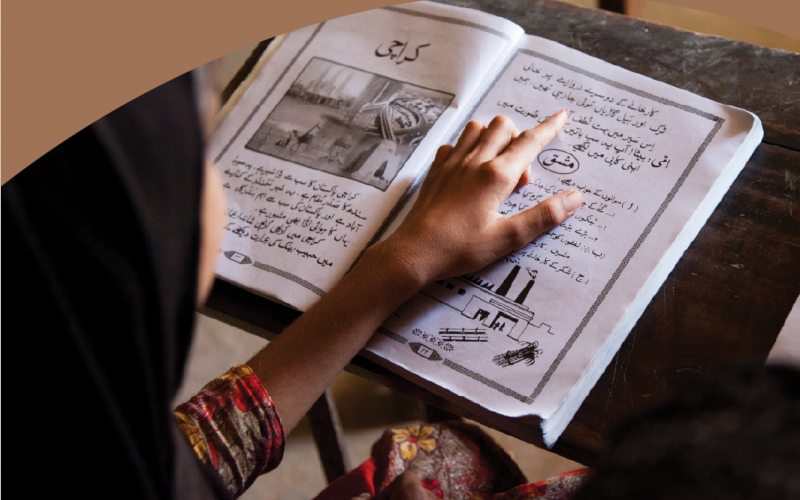Does the Single National Curriculum hold up the commitment of Pakistan to the rights of ethnic and religious minorities in the country?
Pakistan rolls out the Single National Curriculum (SNC 2021)
In its vision statement, Pakistan’s Ministry of Federal Education and Training states:
“One system of Education for all, in terms of curriculum, medium of instruction and a common platform of assessment so that all children have a fair and equal opportunity to receive high quality education. Single National Curriculum is a step in that direction.”
Pakistan Ministry of Federal Education and Professional Training (MFEPT) claims that the SNC takes into account all important components of an inclusive curriculum that includes global citizenship, emphasizes character building of students, promotes tolerance, nationalism, civic responsibilities, inclusion, and social cohesion.
Pakistani education experts disagree: According to renowned academic and education experts, Dr. Abdul H. Nayyar, the SNC infringes upon the fundamental right of non-Muslim Pakistani citizens by prescribing lessons in Urdu and English courses that are already a part of the Islamiat curriculum.
Urdu textbooks start with a hamd (praise of God) and a naat (poetry in praise of the Prophet, Muhammad), and there is invariably a lesson on Seerat-un-Nabi, the life of the Holy Prophet. A lesson on Seerat-un-Nabi is also prescribed in English textbooks of all grades. This is in addition to the prescribed course on Islamiat (religious studies) has a substantial part on the Seerat and to add to that a substantial part is devoted to sacred personalities of early Islam.
According to Federal Minister of Education Shafqat Shafqat Mahmood, within the SNC Muslim students will be taught Nazra as a compulsory subject while they will also be taught about the life of the holy Prophet.
Similarly, the minister said, for the first time students from religious minorities will have the opportunity to study their own religious texts. Since its independence in August 1947 from the British rule, Pakistan has struggled to implement a curriculum that has catered to the freedom and learning needs of pupils from religious and ethnic minorities. In fact, there have been numerous acts of violence against the religious minorities in the country and their access to quality education has been limited.
At the United Nations Human Rights Council’s 46th session in March 2021, Jos Douma, Special Envoy for Religion and Belief, Ministry of Foreign Affairs, the Netherlands, reiterated the Dutch commitment to education and human rights. In his speech to the Council, he said: “The Netherlands univocally condemns any incitement to hostility, discrimination and violence on the basis of religion or belief. No one should be subjected to discrimination or persecution because of his or her faith or the lack thereof…. Religious-based discrimination can have a significant impact on the enjoyment of other human rights, such as the right to health and education, potentially exacerbating socio-economic exclusion.”

